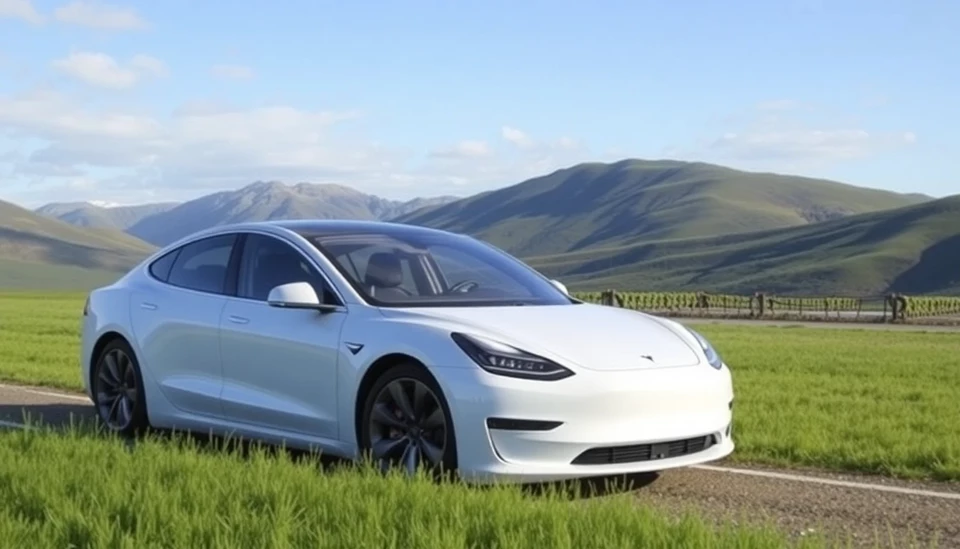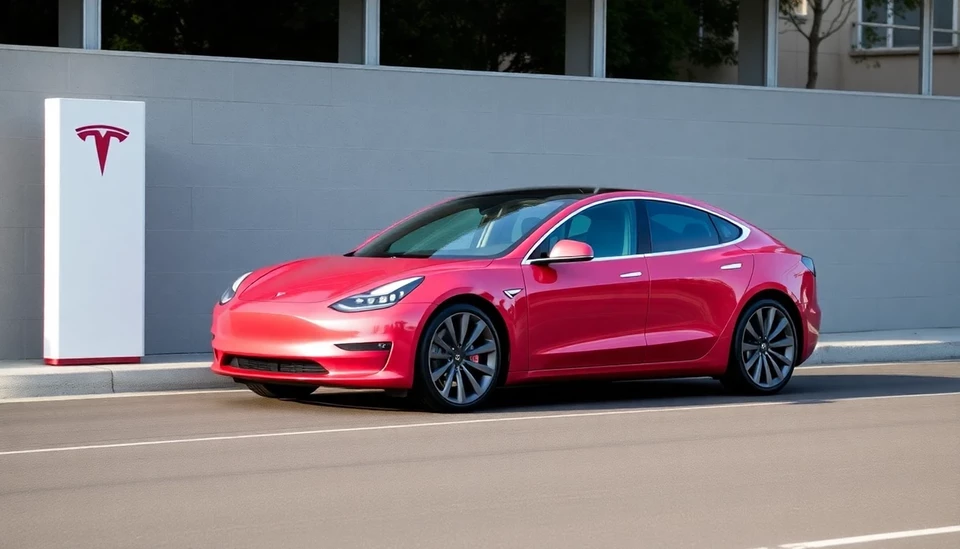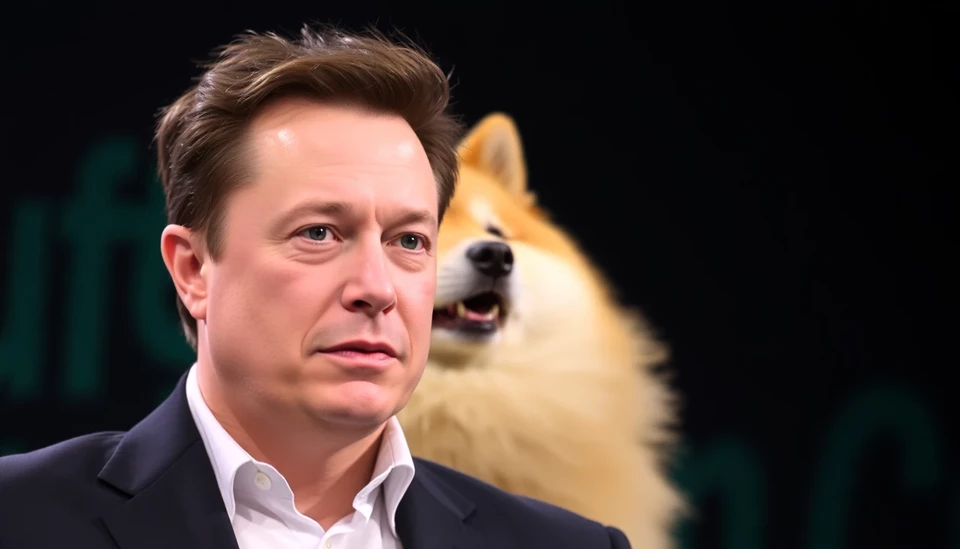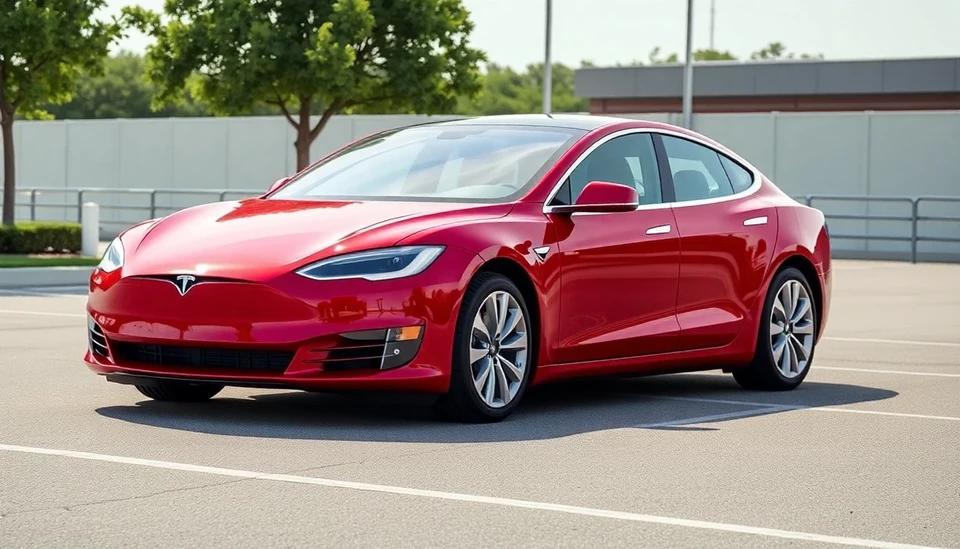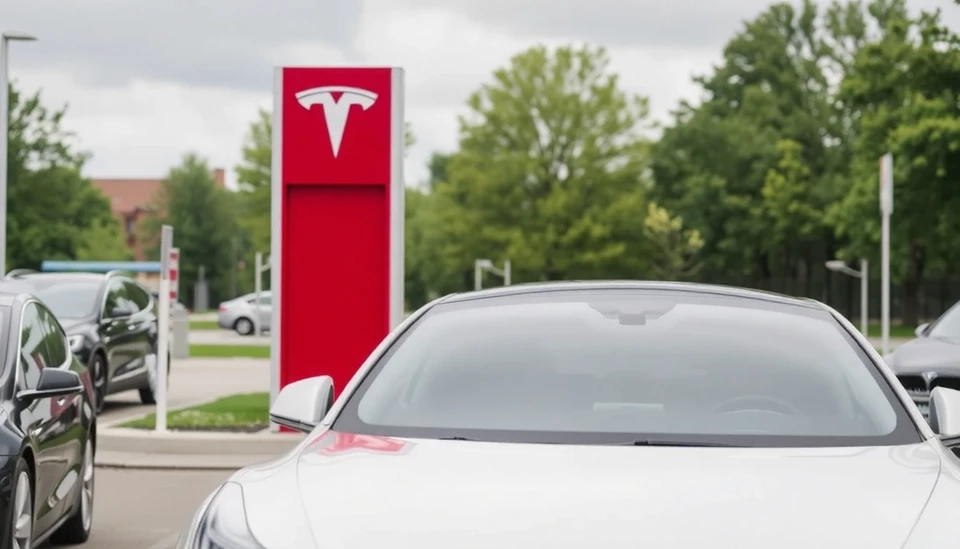
In a surprising turn of events, Tesla has reported a staggering 76% decline in its vehicle sales in Germany, a crucial market for the electric vehicle manufacturer. This dramatic plunge has raised eyebrows and prompted concerns as it comes at a time when CEO Elon Musk is intensifying his political engagement, particularly in the lead-up to the country's elections.
The latest sales figures reveal a stark contrast to Tesla's previous year's performance in Germany, where the company enjoyed significant growth amid rising demand for electric vehicles. However, recent data indicates that the once-promising upward trajectory has encountered a serious setback. Reports indicate that Tesla delivered only 974 vehicles in February compared to a robust 4,024 units during the same month in 2022.
This abrupt downturn can be attributed to several contributing factors, including increasing market competition, regulatory challenges, and Musk's polarizing political activities. As Musk has become more vocal in political arenas, particularly in expressing his opinions on social media platforms, this has drawn both criticism and support. Analysts suggest that his overt engagement in political matters may not align well with the expectations of the German consumer base, known for its more conservative and pragmatic approach to car purchasing.
Adding to the challenges, domestic electric vehicle manufacturers have ramped up production, posing a significant threat to Tesla's market share. Companies like Volkswagen and BMW are aggressively pushing their own electric models, offering consumers compelling alternatives to Tesla's once-dominant position in the market.
Industry observers are now calling on Tesla to reassess its strategies in Europe, particularly in light of the shifting landscape that sees loyalty to homegrown brands rising. As the automotive industry undergoes transformation toward cleaner transport solutions, consumers are more inclined to support local manufacturers that are simultaneously investing heavily in electric vehicle technology.
Elon Musk's personal reputation may also be under scrutiny, with implications for Tesla's branding strategies due to his unpredictable tweets and commentary on social issues. The interconnectedness of political discourse and consumer behavior cannot be overlooked, especially as consumers increasingly prefer brands that reflect their values and ethics.
Looking ahead, Tesla faces a crucial juncture in its operations in Germany. The ability to adapt to local market needs, refine its product offerings, and navigate the political landscape effectively will be critical for the automaker's recovery in the European market. Analysts caution that maintaining a solid footing in Germany will be essential, not just for market share but also for Tesla’s overarching global strategy.
Investors and stakeholders will be closely monitoring the steps that Tesla takes in the upcoming months to address these substantial challenges and to regain the trust of its consumer base in Germany. With the elections approaching, the intersection of business and politics may heavily influence the path forward for the electric vehicle giant.
As Tesla grapples with these issues, the broader implications for the EV market may reshape how automakers approach consumer relations, branding, and political engagement moving forward.
#Tesla #Germany #ElonMusk #ElectricVehicles #SalesDrop #AutomotiveIndustry #MarketAnalysis #EVChallenges #PoliticalEngagement
Author: Victoria Adams
